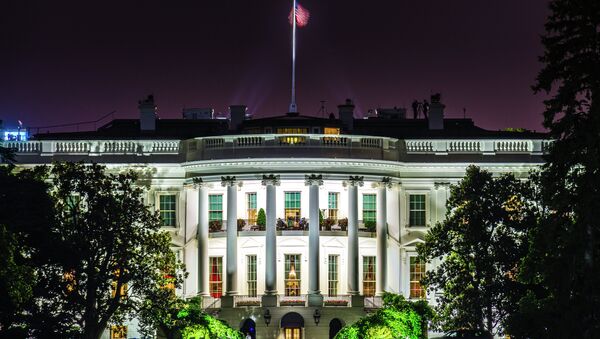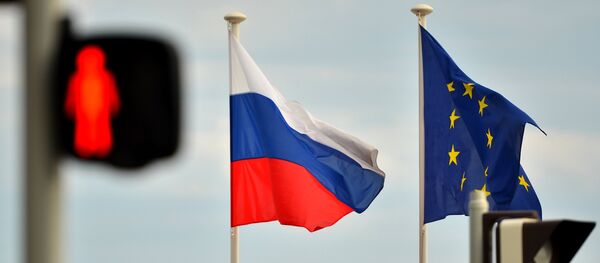During a briefing, White House official spokesperson Eric Shultz said that due to sanctions the Russian economy has contracted by one-sixth. He said that the actions of US President Barack Obama have been very effective in isolating Russia.
Shultz added that despite the results of the Brexit vote, sanctions against Russia will not be lifted.
Another reason is the upcoming European discussion on the extension of anti-Russian sanctions.
There is a growing number of politicians and officials in Europe calling to ease or remove sanctions. Brexit may radically change the power balance.
Brussels would deal with its internal problems. All of the above makes the removal of sanctions increasingly possible, political analyst Pavel Svyatenkov told Svobodnaya Pressa.
"White House’s statements on the isolation of Russia and success of Obama’s foreign policy are also a message to European allies. The EU is not as united as before on sanctions and Washington wants to remind Europe of its obligations," he pointed out.
"But first of all, such rhetoric is an attempt to show some good results, even if it’s not true," he added.
Specialist in the US foreign policy, Viktor Olevich said that such statements by the US presidential administration are wishful thinking.
"In fact, US sanctions have failed to hurt the Russian economy. They have also failed to force Moscow to change its policy. However, in order to support Hillary Clinton Washington needs to justify its policy towards Russia," the analyst said.
"But it is obvious that sanctions have failed. After Russia engaged in Syria the tide of the war was turned. This is only one of the examples that the sanctions haven’t produced the predicted results," Olevich said.
The analyst also explained that the US wants Europe to adhere to the policy of sanctions even after Brexit.
"European countries are not completely independent in their decisions. They are heavily pressured by Washington. Many in Europe are now protesting sanctions against Russia. Britain was the closest US ally in the European Union, and Brexit will weaken US positions in Europe. But Washington is sending a signal that even after Brexit it will continue pressure on Brussels over sanctions against Russia," the analyst concluded.




